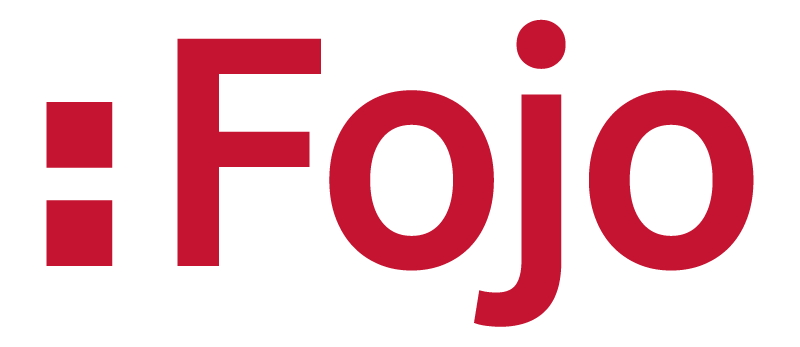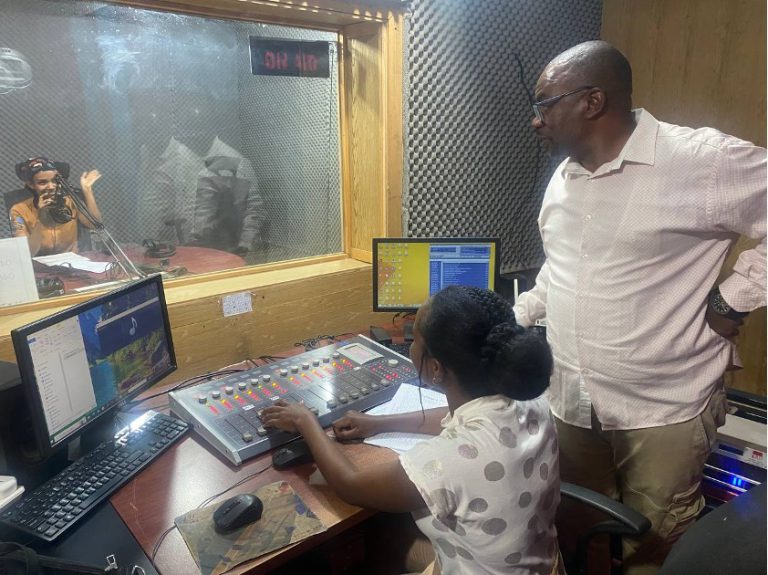Despite the explosion of digital media across the globe, community radio is still the most accessible medium in Ethiopia, reaching the largest part of the country including rural and marginalised areas. Common for all are a lack of stable support and training in long-term media management practices. The Fojo – IMS trainings, combining theory and practice and focusing on both business and media development, were a much welcomed initiative.
“This kind of practical intervention that we came up with, is the first of its kind and they are not used to it. They are used to the theory part, but we came in with a programme that combines both theory and practice. I am proud that it is well received. In the post course evaluations, people were very positive about it. I am happy to learn that they were looking forward to implementing some of their new knowledge they have gained in this course,” says Wits Academy Director Jacob Ntshangase, one of the central figures in the community radio support offered in the initiative.
There are more than 50 licensed radio stations in Ethiopia, but only a few are able to run actively with stable funding by the universities and the Government. Fojo-IMS started the community media support in 2022 as part of their media viability support programme after an open call to support community radio in Ethiopia.
“Building capacity in community radio is an important step in supporting and ensuring media pluralism and access to information by improving information flow in the rural communities”, says Sören Sörensen, Fojo’s Advisor on Media Viability.
A thorough capacity assessment was made under the supervision of Professor Franz Krüger, one of the leading community radio experts on the African continent. Based on the results, four community radio stations were selected. Professor Franz made an initial capacity assessment based on observations, interviews and a holistic analysis of the operations and external context of the individual stations. The four selected community radios were Koore, Woleita, Hwassa Industrial Park and Debre Markos.
“Community radio is a powerful source of information for people farther away in the rural corners, where they often function on a voluntary basis and where ownership of the radio stations often goes to the communities. Financial sustainability is a huge challenge; however, the Fojo-IMS support enlightened me to continue working for this cause even in a challenging environment,“ said Zerihun Loriso, Woleita Community Radio representative, after having attended a leg of the Fojo – IMS Community Radio Course.
Mix of theoretical and practical content appreciated
An important part of the community radio support has been the Wits Radio Certificate course that took place in Addis Ababa in December 2022 and March 2023. Wits Radio Academy Director Jacob Ntshangase, led the Community Radio Management certificate capacity building course for 20 community radio managers across Ethiopia. In the course, the radio medium’s sensitivity was highlighted, as well as the risks for its abuse and the serious consequences that can occur if it is misused, as was the case in Rwanda (in the period proceeding and during the genocide in 1994). The financial independence and the sustainability of community radio, as well as content creation and regular broadcast of quality programming, were amply addressed in the trainings in Addis. Participants agree that while complex, these challenges are surmountable if the newly acquired methods were applied on their practices.
During the course important topics ranging from programming, journalism and interviewing to income generation and handling of technical issues have been addressed, followed by continuous community radio support from 2022. The support includes regular online mentoring by experts from the Wits University supported by Zelalem Tesfaye, Bahir Dar University journalism educator and former Bahir Dar University community radio manager.

“The Wits training was an eye-opening experience for media managers. Most of them were leading stations by heart without having proper management skills. After the training, we were able to witness some sort of improvement. Most notably many of them could revisit their radio programme giving much emphasis on local issues,” says journalism educator Zelalem Tesfaye.
Each of the selected 4 stations developed a plan to undertake a project that is centred on on-air output, dealing with issues in ways they have been unable to previously, and strengthening their links with the community. The support will include some much-needed equipment purchases linked to the programme planning, with funding support from SIDA and DANIDA.
Genet Molla, Debre Markos Community Radio Manager, was happy to receive the support, following the radio management course.
“Community radios did not attain much attention in Ethiopia previously and it is inspiring that Fojo – IMS supports the strengthening of radio management, financial strategies, programme planning and channelling and content development, – areas that we have knowledge gaps in.”
Local mentoring

After the Wits course in March, Jacob Ntshangase visited three of the selected community media stations and provided hands on mentoring and coaching by bringing local practitioners into the on-site mentoring. Local dynamics are also carefully considered to build local capacity, including local staff at the stations. Jacob also has a plan to monitor the stations further on to follow up how they are functioning and what areas of improvement can be observed as a result of receiving this support.
Fojo – IMS believed that community radios usually operate in the interests of the communities they serve, and that this promotes the use of the platform for a community’s freedom of expression, which is a fundamental human right. Fojo IMS supported these community radios as part of its media viability programme running from 2020 and continuing through the end of 2023.



